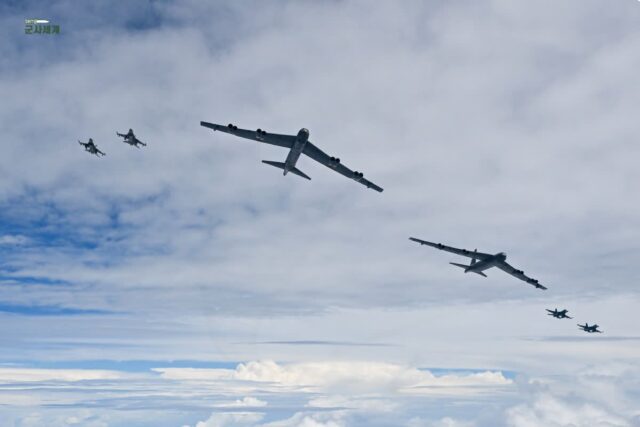
Russia hosted the 16th BRICS Summit in Kazan from October 22 to 24.
Established in 2009 by Russia, China, India, Brazil, and South Africa, BRICS is based on multilateralism and principles that counter unilateral hegemony. Since its founding, BRICS has fostered economic and security cooperation among member nations and other global partners, challenging the biased international security and economic order led by the United States and Western powers.
BRICS initially consisted of five nations. It has since expanded to include Egypt, Ethiopia, Iran, and the United Arab Emirates (UAE), increasing its membership to nine. Additionally, some Central Asian and ASEAN nations have expressed interest in joining. The 16th BRICS Summit welcomed United Nations Secretary-General António Guterres and foreign ministers from 28 countries as observers.
On October 30, Lydia Polgreen, former editor-in-chief of The New York Times, published an analysis evaluating the summit’s outcomes.
Polgreen noted that Russia’s influence within BRICS has grown. For instance, Ethiopia, a newly admitted member, joined the group with the strong backing of Russian President Vladimir Putin and delivered a pro-Russia speech during the summit.
Russia and China are competing for leadership within BRICS, with each nation advocating for their preferred candidates to join as new members. Ethiopia praised Russia’s economic resilience despite sanctions imposed by the U.S. and other Western countries, describing it as an exemplary model for other BRICS nations facing similar challenges. This was seen as flattery.
The summit amplified BRICS members’ concerns about the power imbalance in the U.S.-dominated global order. Delegates highlighted issues such as prolonged crises in Europe and the Middle East, the lingering impact of the COVID-19 pandemic, climate change, and the neglect of multilateral institutions and mechanisms.
BRICS members called for increased cooperation to counter the declining U.S. hegemony, proposing to expand membership with countries like Turkey and Venezuela.
Additionally, BRICS emphasized the need for a multilateral approach to address current crises, advocating for a global trend that reconnects East-West and North-South relations rather than embracing inward-looking nationalism like America First policies. They argued for lifting all boats through globalization, showcasing their responsibility and role in reviving interconnected global trends.
The member states particularly criticized the recalcitrant Western hegemony displayed by the United States and other Western countries amidst the decline of U.S. post-war dominance. They argued for the development of the Global South led by BRICS member states to achieve balance with the Global North.
BRICS also showed signs of moving beyond its early motley appearance as a disorganized bunch of countries with awkward multilateralism. Instead, it seeks opportunities (a matter of opportunism) to cooperate in areas the U.S. and Western powers neglected, presenting a more united front of solidarity.
However, various challenges facing BRICS could act as obstacles. For example, the United States and the European Union (EU) have imposed sanctions on Russia and China, labeling them as twin pillars that disregard human rights, democracy, and international law. India remains distrustful of China due to border disputes. Additionally, many BRICS leaders are criticized as selfish and hypocritical autocrats, leading to their isolation on the international stage.
Ultimately, Polgreen concluded that while the 16th BRICS Summit demonstrated efforts to counter U.S.-led global dominance, contradictions between rhetoric and action—such as Russia’s involvement of North Korea in the Ukraine war—cast doubt on the group’s cohesion and credibility.














Comments0